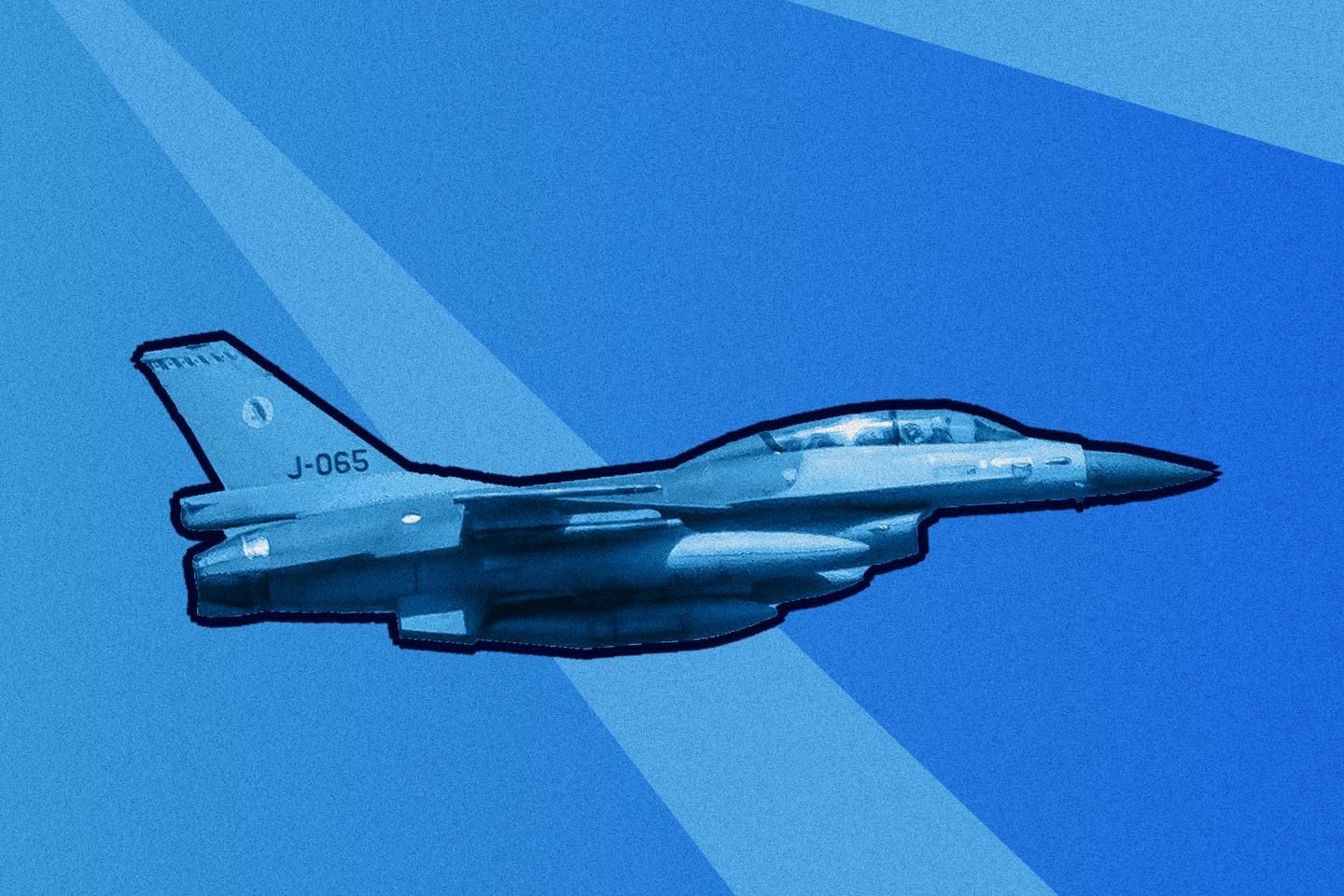


A few days after US and Israeli strikes targeted the Fordo, Natanz and Isfahan sites in Iran, what can be said about the effects − and effectiveness − of such actions? To provide clarity, I am offering two reminders and three corrections by drawing on the findings of independent research on military nuclear programs.
First, a reminder: In the Middle East, Israel has possessed a nuclear arsenal since 1967, but to date, Iran does not have one. This is significant because the official, expert and media framings of the nuclear issue as one of "proliferation" have introduced confusion. In France, claims of an imminent Iranian bomb have been circulating since at least 2006.
A survey conducted by Nuclear Knowledges/IFOP on a representative sample of the French population in October 2019, and repeated in October 2024, revealed that over 40% of respondents mistakenly believed Iran already possessed nuclear weapons (42% in 2024). Only 40% of respondents identified Israel as a nuclear-armed state from a list of countries we provided (43% in 2024).
A breach of international law
Second, the use of force in the name of counter-proliferation is not new, even though it constitutes a violation of international law. The US was already considering such actions against the Soviet program in the late 1940s. Three countries – the US, Israel and the United Kingdom – have engaged in such operations, and the Middle East has been their primary target, including in Iraq (1991, 1993, 1998 and 2003), Syria (2007) and Iran, notably through the assassination of nuclear scientists since the 2010s. It is also important to recall that such assassinations are not new: In 1980, Yahia el-Meshad, who was in charge of Iraq's nuclear program, was murdered in Paris.
First correction: The US is commonly portrayed as a major actor in non-proliferation, but independent research has shown that it is by far the leading "proliferating" agent of the nuclear age. Not only did the US develop nuclear weapons first and produce more than 30,000 warheads, but it has also helped the largest number of other nations develop nuclear weapons programs (the United Kingdom, France, Pakistan, India, South Africa and Israel).
You have 63.11% of this article left to read. The rest is for subscribers only.
